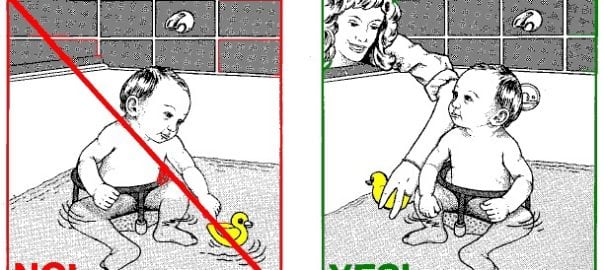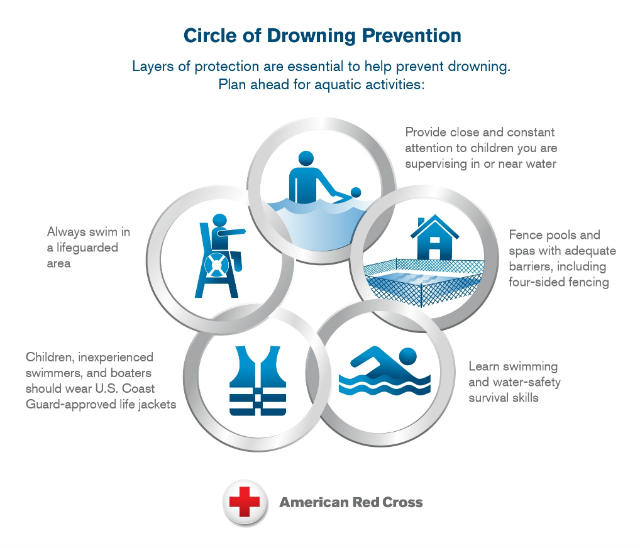1. If the victim is still conscious, attempt to hand him something that can be used to pull him from the water. If you’re out of handing distance, throw either a floatable object or something he can hold onto and with which he can be pulled to safety.
2. If the victim has fallen into solid ice, and you have enough individuals, consider forming a human rope, with each individual interconnected and at least two individuals safely connected back on firm land.
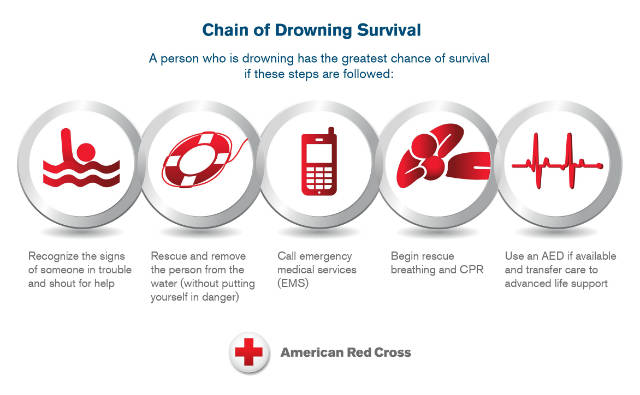 3. The victim should be removed from the water at the earliest opportunity. Forego inclination to perform chest compressions or rescue breathing in the water.
3. The victim should be removed from the water at the earliest opportunity. Forego inclination to perform chest compressions or rescue breathing in the water.4. If possible, remove the victim from the water as flat (horizontal) as possible. You want to make every effort to avoid damage to the neck throughout this entire process (this actually would be additional injury to the neck; there’s a fair chance such an injury has already occurred).
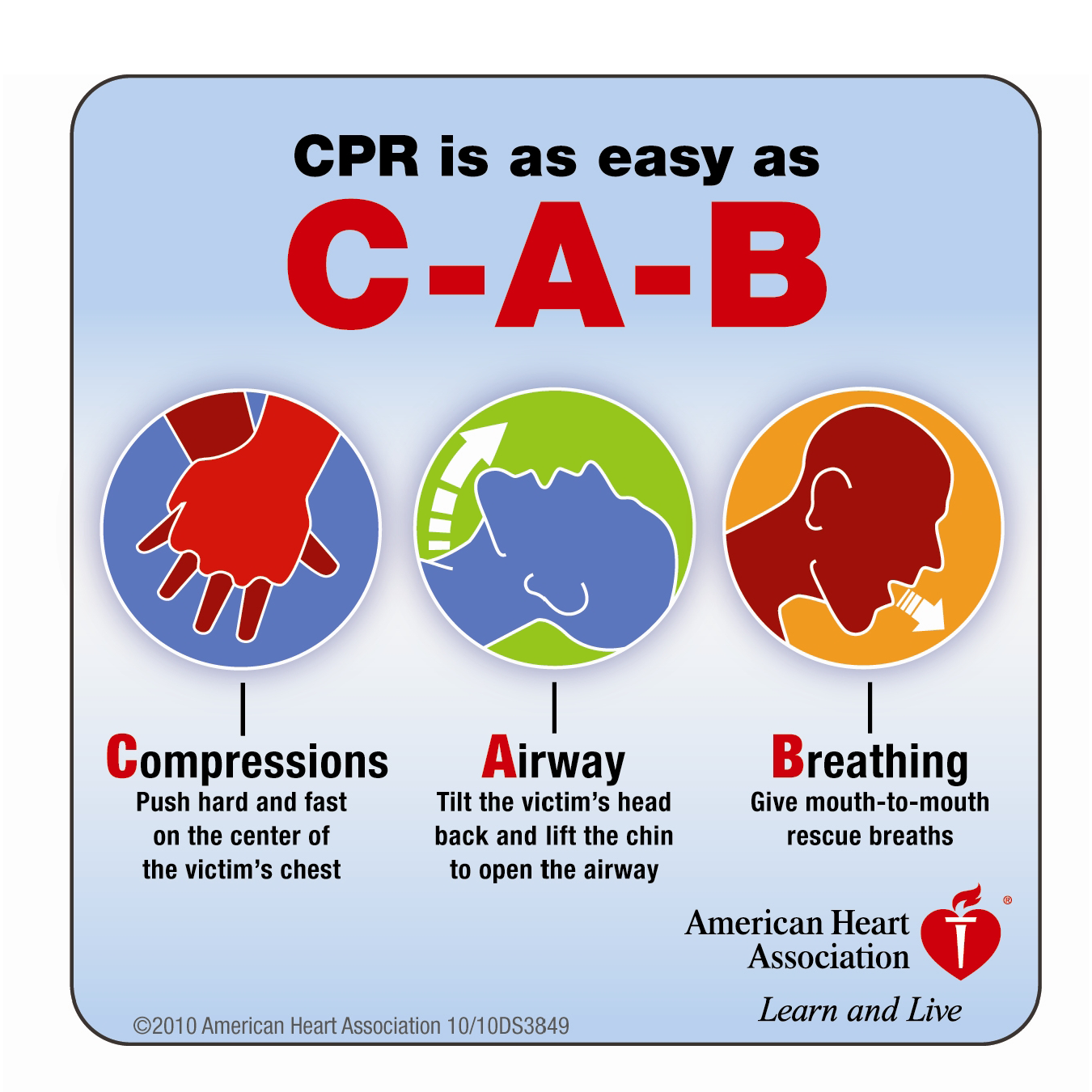
5. Once victims are out of the water, NEVER assume death unless you’re a qualified medical professional. Begin CPR, as described in this Straight, No Chaser.
6. If the victim has an altered mental status, check the airway for foreign material and vomitus. Use your fingers to sweep away any material visible between the mouth and throat.
7. The Heimlich maneuver (abdominal thrusting) is not effective in removing swallowed water. Don’t waste valuable time with it.
8. If you’ve successfully saved a drowning victim, don’t bother taking off wet clothes. It’s not worth the possible agitation to the neck, and recent medical thought suggests that cooling after certain likely types of cardiac arrest is especially beneficial in reducing brain injury and death. This consideration is much more important than any benefit to be gained from warming the patient. Sounds weird, but it’s the truth.
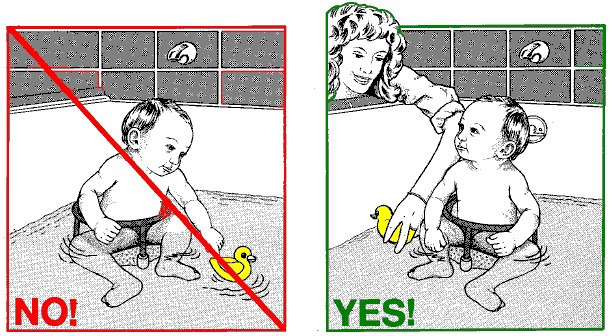
Regarding the above picture, yes it’s true that one can drown in inches of water. Infant safety means keeping them at arm’s length while they’re in the water.
Thanks for liking and following Straight, No Chaser! This public service provides a sample of what http://www.SterlingMedicalAdvice.com (SMA) and 844-SMA-TALK offers. Please share our page with your friends on WordPress, like us on Facebook @ SterlingMedicalAdvice.com and follow us on Twitter at @asksterlingmd. Preorder your copy of Dr. Sterling’s new book Behind The Curtain: A Peek at Life from within the ER at jeffreysterlingbooks.com.
Copyright © 2015 · Sterling Initiatives, LLC · Powered by WordPress.

